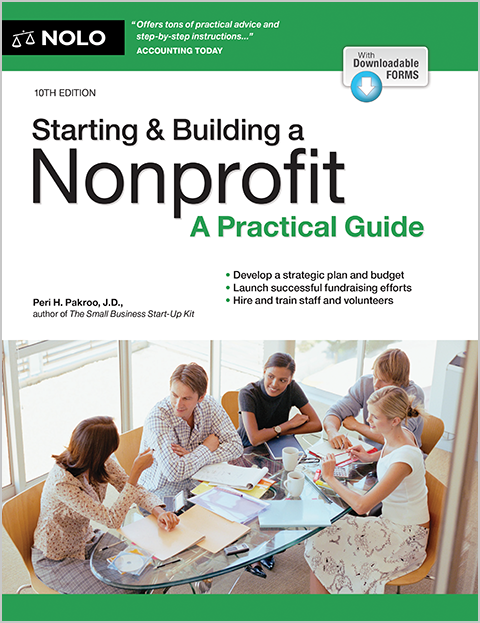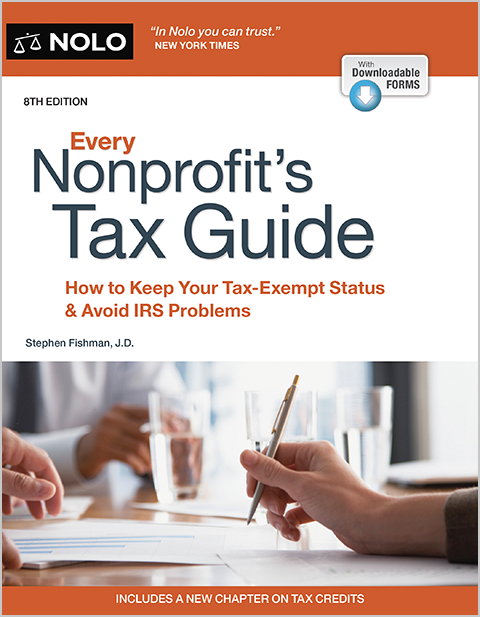Tips and strategies to make money for charity by washing cars.
Car washes are a standby of grassroots nonprofit fundraising efforts. This is particularly true among schools, scouting troops, sports teams, and band groups, which have lots of energetic young people ready to do the actual washing. (Fifth graders through high schoolers tend to be best suited for washing cars; anyone smaller can't reach high enough!)
One perennial issue, however, is that it takes a fair amount of time and fresh supplies to properly wash a car. This can mean either that the nonprofit doesn't make much money, or that customers end up dissatisfied when soap bubbles dry into spots on their windshields.
To ensure efficiency and quality, here are some tips for planning and executing your car wash.
- Spread the Word
- Practice Car-Washing Techniques With Your Volunteers in Advance
- Assign Volunteers to Teams of Four or Five
- Schedule Volunteers for Two-Hour Shifts
- Bring Refreshments to Reward and Motivate Volunteers
- Consider Making Extra Money by Selling Refreshments
- Use an Appropriate Space
- Charge a Fee or Request Donations
Spread the Word
Although you'll hopefully get some traffic from strangers who drive by, it's wise to advise your local membership of the car wash, in addition to posting it on your social media site and encouraging shares.
Practice Car-Washing Techniques With Your Volunteers in Advance
Explain to everyone exactly what's expected. Most groups don't go for fine detailing or interior work: As Jackie describes of her children's Band Boosters' car wash, it's usually "a quick rubdown with a soapy sponge, a hose-down, and then you clean windows with squirt-bottle cleaner, finishing with paper towels or a squeegee. Just make sure to have constant parental supervision, to deal with things like the occasional arrogant driver who's looking for imperfections in the wash job or the kids' overly enthusiastic hose-downs that erupt into horseplay."
Assign Volunteers to Teams of Four or Five
With a robust team at work, cars can move in and out quickly.
Schedule Volunteers for Two-Hour Shifts
This is hard work, so it's best to not wear out your volunteers (in which case some might drift off or put less energy into the washing).
Bring Refreshments to Reward and Motivate Volunteers
Snacks and water or sodas will do wonders for energy and morale.
Consider Making Extra Money by Selling Refreshments
As with every nonprofit special event, it's always worth offering attendees multiple ways to support your group. (See Ten Ways to Raise Extra Money During Your Special Event.)
Use an Appropriate Space
This preferably means one loaned by a gas station, car mechanic, tire company, barber shop, or other place with lots of hose hookups. In many areas, certain businesses are required to drain their outdoor wash water to the sewage treatment system rather than through the storm drains to local waterways. That makes these locations an environmentally friendlier choice for your group, as well. You wouldn't want anyone to point out that your supposedly "do-good" group is creating pollution by sending toxic waste down local storm drains.
Kyung describes their hockey team's annual car wash in Paoli, Pennsylvania: "We arranged to use the parking lot of a local McDonald's. They let us hook up our hoses into their kitchen. That meant that we got customers from people who were stopping anyway, and I think they got customers from people waiting to have their cars washed."
Charge a Fee or Request Donations
How much should you charge? From $5 to $10 is typical. However, many groups do as Kyung describes: "Instead of setting a fee, we tried doing it on a donation basis. This worked surprisingly well, with people donating an average of $10 to $20. Of course, we're on Philadelphia's ‘Main Line,' a relatively affluent area where it usually costs $20 to get your car washed anyway. You have to know your audience before going with this plan."
As with every nonprofit event, be sure to write down your notes and reflections afterward. That way, you or anyone who takes over your role will have information that helps make the event even better next time.
- Spread the Word
- Practice Car-Washing Techniques With Your Volunteers in Advance
- Assign Volunteers to Teams of Four or Five
- Schedule Volunteers for Two-Hour Shifts
- Bring Refreshments to Reward and Motivate Volunteers
- Consider Making Extra Money by Selling Refreshments
- Use an Appropriate Space
- Charge a Fee or Request Donations



